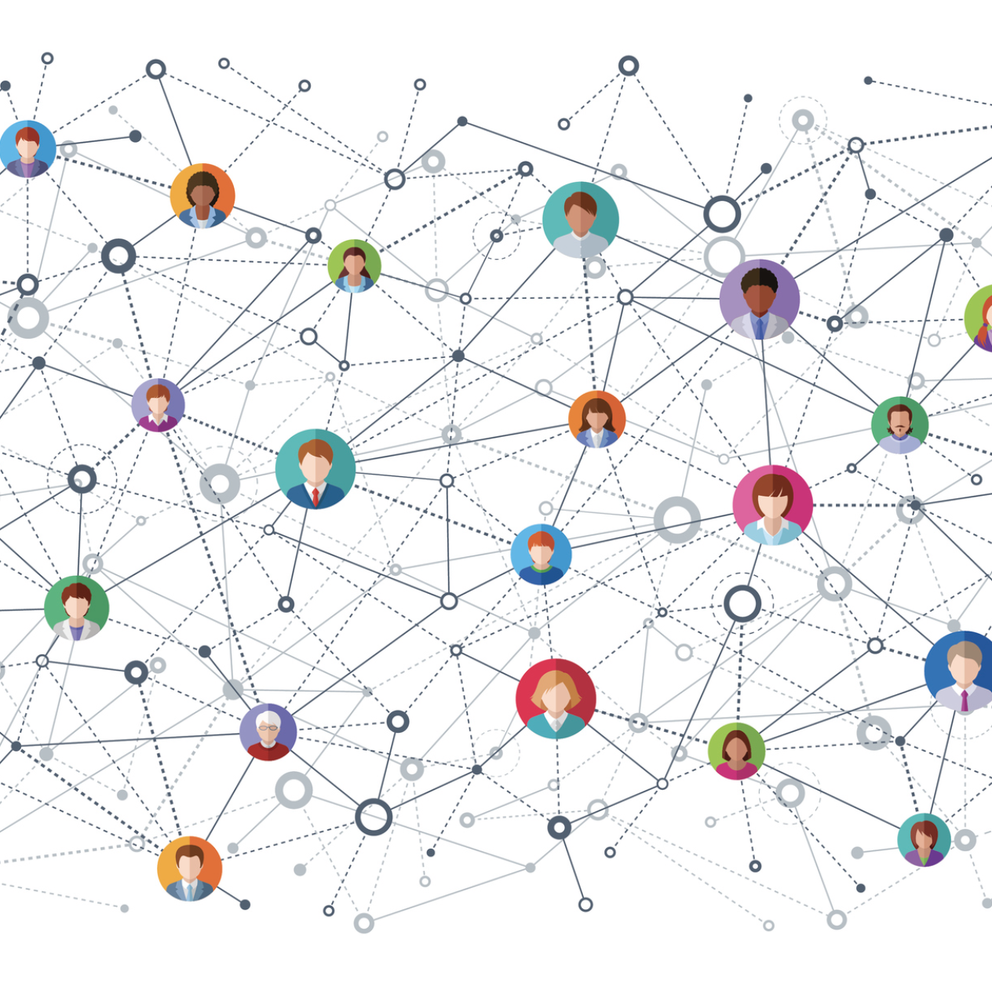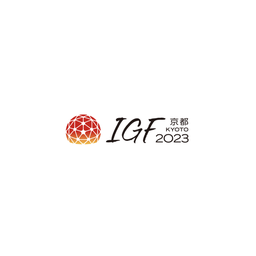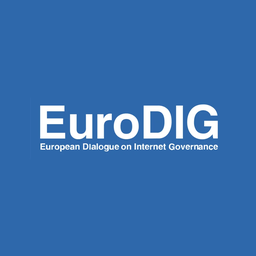Community Building, External Relations, Community Development. Our department has gone through quite some name changes in recent years. What didn’t change is the nature of our work - to serve and help the RIPE community. In this article, you will read who we are, what we do, and what we are planning to put a special focus on this year.
The Community Development department aims to find out what the RIPE community and other regional and national communities want and need from the RIPE NCC. We then try to deliver it, directly or through our colleagues. Or if what's required is not yet possible, we inform the relevant departments within the RIPE NCC so we can try to make it possible in the future. We also keep the Community up to date on the RIPE NCC's activities and proactively raise topics we think might be useful or of interest.
What are our priorities for 2022?
Priority 1. Regional Community Outreach
Our service region is very big and diverse. We will put a concerted effort into understanding local needs better this year and deliver relevant content. While our engagements were mostly online last year, as COVID-related restrictions are being lifted, we are resuming planning for hybrid and in-person events.
Let’s look through each region in turn.
South East Europe is a relatively small region with extraordinary diversity of cultures and languages, as well as different levels of Internet development. This poses some unique challenges. In late 2021 we hired a new consultant – Jelena Cosic – based in Belgrade, who will help us get a better understanding of the region and its specific needs and will focus on delivering technical content at local events. We are gearing up for the first post-COVID RIPE NCC-organised event – the SEE 10 meeting taking place in Ljubljana on 11-12 April, which will include several staff presentations. And then there's the next RIPE NCC country report that will focus on Bulgaria, Romania and Moldova, so expect to see some country-specific Open Houses to discuss its results as well.
Engagement in Central Asia and the Caucasus has been quite difficult, not least due to the distance and the lower level of activity in the local communities there. Our focus in 2022 will be twofold – to increase delivery of useful technical content in the region and to help the local communities there become more organised. We will continue working with partner organisations to replicate successful activities from the past such as the Internet Measurement Days and the Virtual Peering Days. In addition, the RIPE NCC Day that we planned in Tashkent, UZ before the pandemic is pinned to happen later this year. Next to this, we are supporting researchers from the French University of GEODE (winners of RACI grant in 2021) who are working on visualisations of the Internet in Central Asia and are planning a fieldwork there, during which they will also distribute some RIPE Atlas probes. Finally, we are watching out for grassroot initiatives we could support, especially organising country NOGs.
We would like to increase our engagement in East Europe. Probably you’ve already seen quite a lot of articles on RIPE Labs this year with information on the Internet connectivity in the region. We intend to keep up this effort. We are also delivering online workshops with practical information for network operators. We’ve heard the community calls to discontinue ENOG and will instead focus on providing country-specific support. We are planning to do more national engagements on a yearly basis, which is why we are also working on adding more capacity in the region. Finally, we’ve started a project to translate educational materials from academy.ripe.net to make these courses more accessible to a wider audience. We expect this work to take longer than a year, but we will keep you up-to-date as individual courses become available.
We are fortunate to be able to draw on a number of colleagues at RIPE NCC to strengthen our engagement in the Middle East. Most notably, there is a plan for a Levant country report in the second half of the year, after which we will organise a number of Open Houses - first an Open House for the report as a whole, inviting all the RIPE community, and once the Arabic translation is out - several Open Houses for the individual countries. We are also working towards a hybrid MENOG meeting in Q3.
West and Central Europe is currently the region we engage the most with – be it the RIPE Meetings or us attending community events, which is why I’m not spending too much time on it here. We will keep an eye on our community dashboard as well as our overall activities to identify if there are any particular countries where engagement might be lacking.
Priority 2. Network Operator Groups (NOGs)
There is a significant overlap between NOGs, the RIPE NCC's membership, and the RIPE community. This is why they are excellent platforms for us to engage with more. A project that we started in 2021 involves increasing our institutional knowledge of NOGs in our service region. We are working on establishing a RIPE NCC staff as a native contact for most NOGs. Another goal is to improve coordination efforts between NOG organisers, for example by increasing the use of the NOG Organisers mailing list and organising Open Houses just for them, during which they can exchange ideas and learn from each other’s experiences.
We will continue delivering relevant content to NOGs, be it technical, such as different measurement tools or data that can be useful for the day-to-day work of network operators or more informative – such as the various activities and initiatives we are organising, promoting our learning and certification programs or updating them on current legislative developments that could have an impact on their work. We are taking steps to promote RIPE NCC’s support and making funding available to all NOGs that need it. Finally, we are planning to keep the RIPE community updated on the meetings of local NOGs, either through periodic summary RIPE Labs articles or by encouraging the NOG organisers to write one themselves.
Priority 3. Academic Engagement
Our goals for 2022 are to increase awareness and use of RIPE NCC data, measurement tools and analysis (RIPE Atlas, RIS and RIPEstat) as well as to involve more academics into the RIPE community. We are working very closely with our Research and Development department to select the most relevant academic conferences to attend and/or sponsor, such as PAM, TMA, IMC, CoNEXT, ANRW, ACM SIGCOMM etc. We are also searching for opportunities to present our own data and tools there, although not every conference presentation format allows for this. Next to this, we are working with the two research groups that were selected to receive grants from the RACI budget in 2021. We are having regular update calls and are glad to report they are both making good progress.
Another focus area for 2022 are our efforts with university students. We would like to increase the number of academic sessions we host at universities and are already booking good progress with this. In addition, we are planning an initiative with local computer science students in Berlin just before the RIPE 84 meeting. The goal of it is to introduce them to the RIPE NCC and the RIPE community, but also introduce them to the various career paths they could follow with their degree.
Finally, we will continue with other initiatives such as the academic session that happens parallel to the RIPE Meeting that provides a platform for more junior researchers to present their work and get feedback.
Priority 4. Administration and metrics
The RIPE NCC has gone through a number of administrative changes in 2021 and still a few more to come this year. Similar to the rest of the organisation, the Community Development department will have to adapt our processes accordingly. Next to this, we have three particular goals that are more internally focused, namely: to become better at reporting after events, to collect and report on metrics, and to streamline sponsorship and travel procedures.
What else do we do?
What you’ve read thus far are our particular focus areas for 2022. Alongside these, there are a number of regular Community Development activities that form an integral part of our portfolio. We will continue to:
- Run the Community Projects Fund. The initiative that distributes € 250,000 a year to projects of value to the operation, resilience and sustainability of the Internet. In 2021 we implemented a much smoother submission system. This year, we will focus on attracting more applications from traditionally underrepresented parts of our service region, as well as getting members on the Selection Committee from there.
- Find speakers for RIPE NCC events and community events. In this sense, Community Development acts as the cross-pollinator between the RIPE NCC and the RIPE community, as we find good opportunities for our staff to present at community events, but we also find relevant community content for the events RIPE NCC organises.
- Maintain the Dubai office. Having a local office in the Middle East has proven extremely useful for our outreach and relationships there. Of course, maintaining it involves a lot of work that we need to stay on top of.
- Keep up with developing trends. We are always on the watch out for emerging Internet technologies or discussions. We’ve seen topics such as the quantum Internet, SCION, green tech and others repeatedly pop up at both RIPE NCC and community events. We try to keep the conversation going; for example by publishing RIPE Labs articles, organising sessions or encouraging external parties to submit talks at our events.
- Support national IGF events. Various national IGF events rely on us for financial support, content, especially around technical issues, as well as contacts within the technical community.
- Engage RIPE NCC staff. A lot of our work depends on staff from other departments, so keeping connections alive is very important for us. We participate in the onboarding of new colleagues, write staff blog posts, deliver staff trainings, present at the “Sevens” and much more.
- Develop the Community Dashboard. This is a project that has been brewing for some time. At the core it aims to increase RIPE NCC’s understanding of the needs of the various local communities in our service region, so that we can become better at delivering the most appropriate content. While work on getting to know each country’s individual needs will never stop, we aim to make good strides at institutionalising our knowledge in 2022.
- Increase diversity in our events and projects. We are continuously working on increasing the diversity of the RIPE community. It sounds like a herculean task, but when broken down into bits – getting more female speakers in a panel, attracting more students and young participants at the RIPE meeting, getting better regional representation on the CPF Selection Committee – it’s still quite difficult, but more manageable.
This is a summary of what we plan to do in 2022. If the pandemic taught us anything, it’s to write our plans in pencil. While we remain committed to our goals, we are always open to adapt to changing circumstances. We welcome feedback and suggestions. If while reading this piece you got an idea or would like share with us your thoughts, please write to us.





Comments 0
The comments section is closed for articles published more than a year ago. If you'd like to inform us of any issues, please contact us.